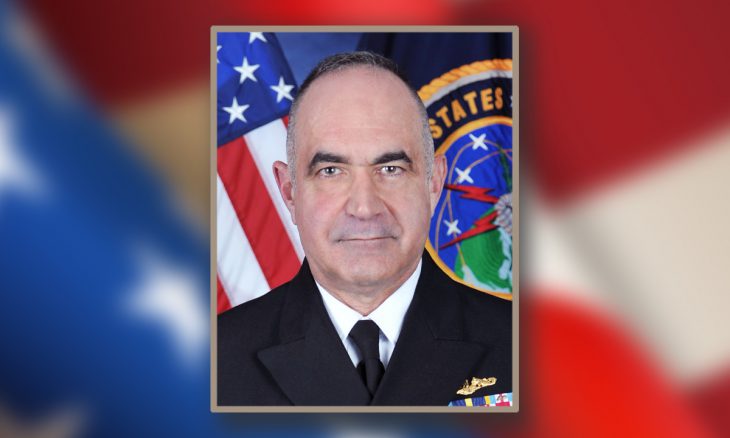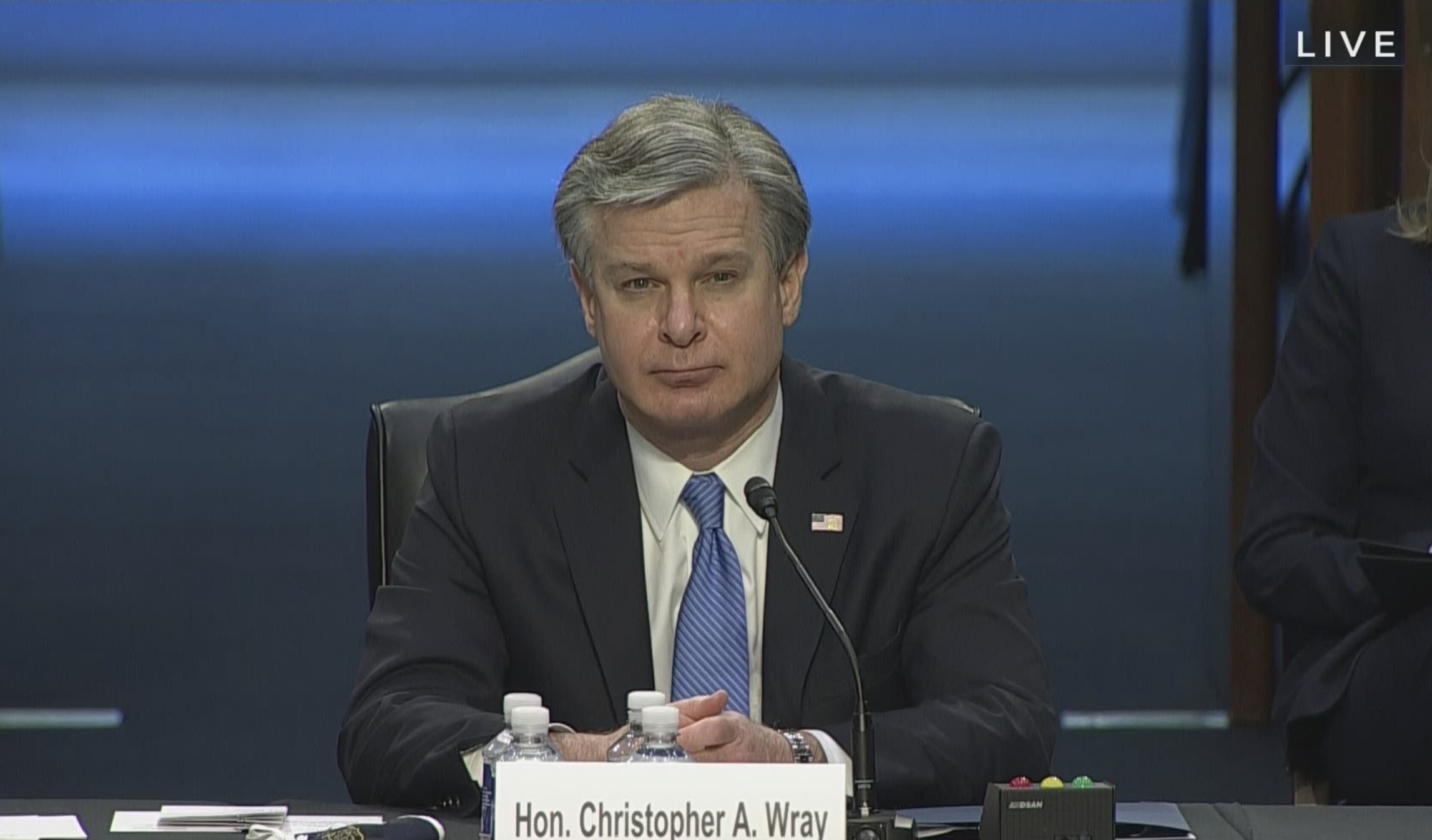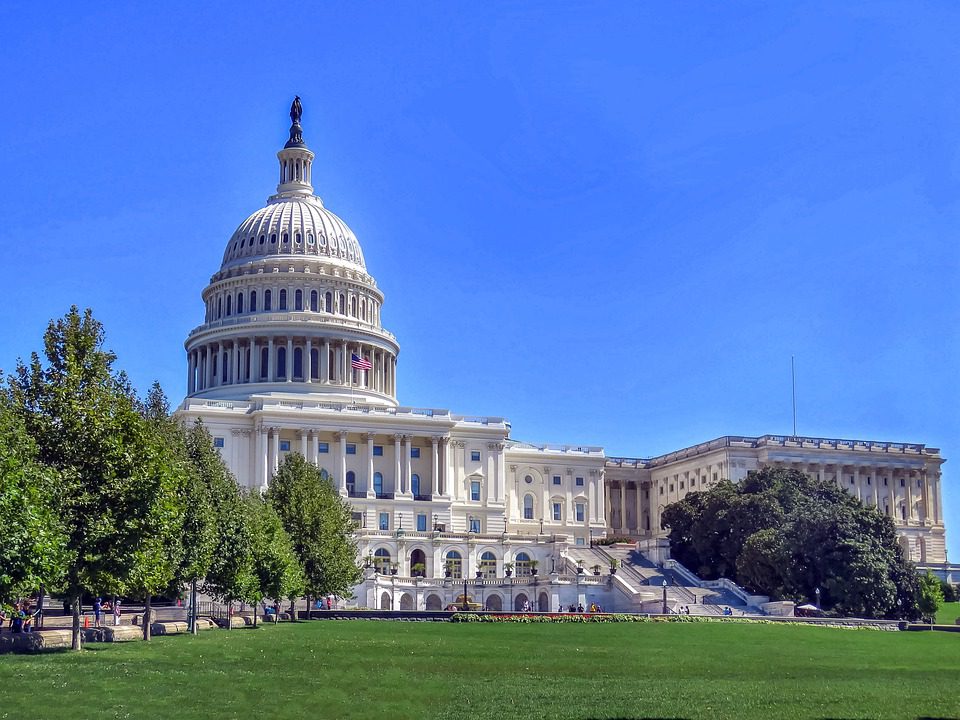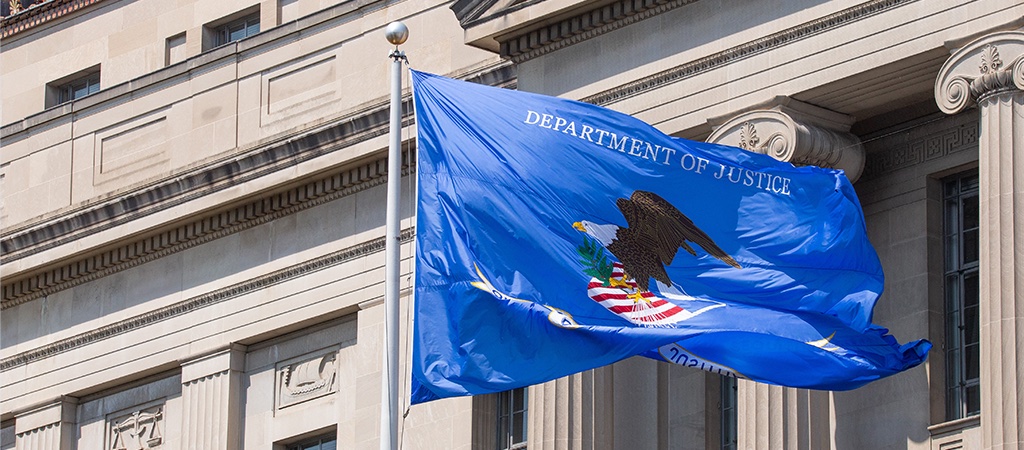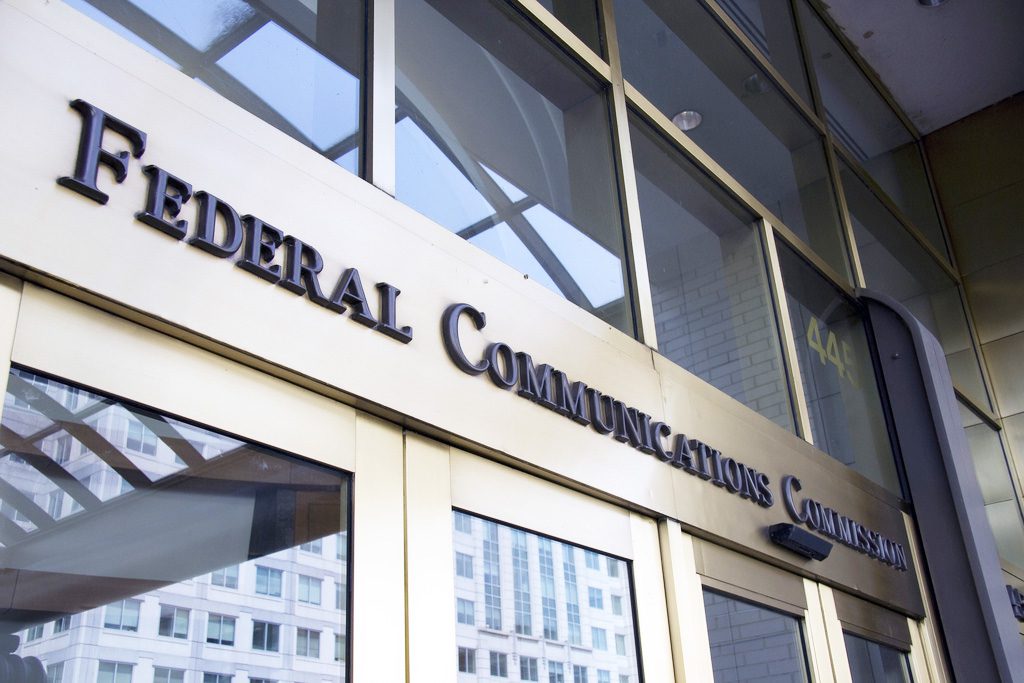Admiral Charles Richard
Commander, U.S. Strategic Command
Charles A. “Chas” Richard was born in 1959 or 1960 in Decatur, Alabama. He is a graduate of the University of Alabama and has earned master’s degrees from The Catholic University of America and Naval War College.
His operational assignments include command of USS Parche, as well as Submarine NR-1, then the U.S. Navy’s only nuclear-powered, deep-submergence submarine. He also served aboard USS Portsmouth, USS Asheville, and USS Scranton. As a flag officer, he commanded Submarine Group 10, was director of Undersea Warfare at the Pentagon, and deputy commander of Joint Functional Component Command for Global Strike at the U.S. Strategic Command.
He served as executive assistant and naval aide to the Under Secretary of the Navy; chief of staff, Submarine Force Atlantic; and command of Submarine Squadron 17 in Bangor, Washington. He was director of resources for the Under Secretary of Defense for Policy; squadron engineer of Submarine Squadron 8, and was a member of Chief of Naval Operations Strategic Studies Group.
In October 2019, Richard became the commanding officer of United States Strategic Command, after appearing before the Senate Armed Services Committee and receiving a confirmation vote of the full Senate.
In the News…
In the last six months, the United States Strategic Command has begun performing daily analyses on the state of nuclear deterrence in each of the regional combatant commands, STRATCOM Commander Admiral Charles Richard said.
He described the “risk of strategic deterrence failure” effort as a “new type of analysis” that allows the Command to present, on a day-by-day basis, “a formal estimate of the risks that deterrence is going to fail” around the globe.
“I acknowledge this is an analytic process getting after something that is fundamentally subjective,” he said. “But the assertion here is, this risk carries so much consequence that I need to be able to describe to the [defense] secretary and the chairman [of the Joint Chiefs of Staff] at all times, under all conditions, what risks we’re taking with regard to deterrence failing, and then, inside that, nuclear deterrence failing.”
He said the threat of deterrence failure is “currently low.”




